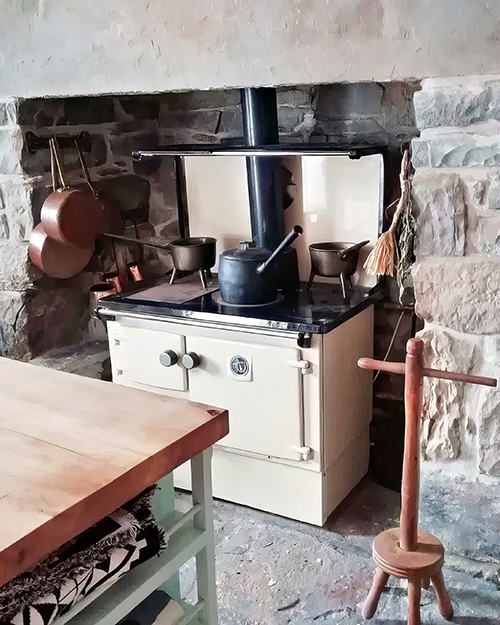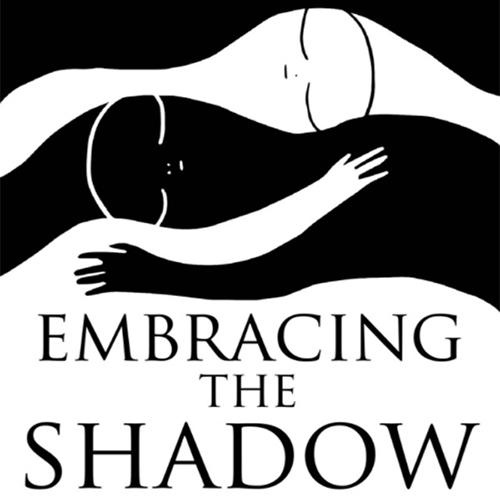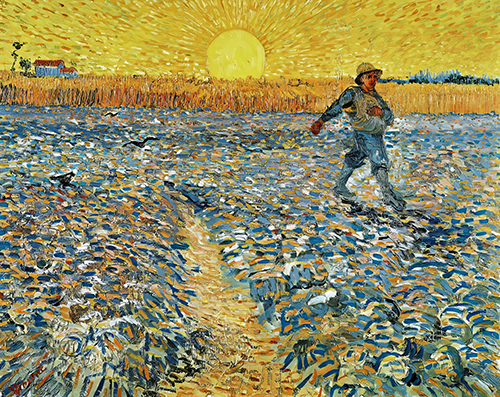
This Sunday’s Gospel is a theme familiar to most of house, ‘a treasure hunt.’
“The kingdom of heaven is like treasure hidden in a field, which someone found and hid; then in his joy he goes and sells all that he has and buys that field.
Again, the kingdom of heaven is like a merchant searching for fine pearls; on finding one pearl of great value, he went and sold all that he had and bought it.
Again, the kingdom of heaven is like a net that was thrown into the sea and caught fish of every kind; when it was full, they drew it ashore, sat down, and put the good into baskets but threw out the bad.
So it will be at the end of the age. The angels will come out, separate the evil from the righteous, and throw them into the furnace of fire, where there will be weeping and gnashing of teeth.
‘Have you understood all this?’ They answered, ‘Yes.’ And he said to them, ‘Therefore every scribe who has been trained for the kingdom of heaven is like the master of a household who brings out of his treasure what is new and what is old.’” (Mt. 13: 44 – 45)
Once upon a time there was a tailor who lived in a small village on the outskirts of a large city. He made only a meagre living from his business.
One night he had a dream in which a voice said to him, ‘If you go to the city and dig behind a certain tree in the emperor’s castle, you will find a great treasure.’
The poor man placed great trust in dreams, so, the very next day, he set out for the city.
However, when he got to there, he found that the castle was guarded.
Unable to cross the bridge that led to the castle, he lived under the bridge for a while.
While there he became friends with the captain of the guard.
One day he shared his story with the captain.
He said, ‘I had a dream that if I got into the castle grounds, and went to a certain tree and dug there, I would find a treasure.’
The captain of the guard gave a hearty laugh. ‘You’re a very foolish man,’ he said. ‘You shouldn’t believe that sort of thing. I have dreams myself. Once I had a dream that in a small village there lived a poor tailor, not unlike you. I dreamt that if I went to his house, and dug behind his stove, I would find a treasure that somebody had buried there many years ago. Of course, I dismissed it as foolishness.
The tailor thanked the captain of the guard, went back home, dug behind his own hearth, and found the treasure.




